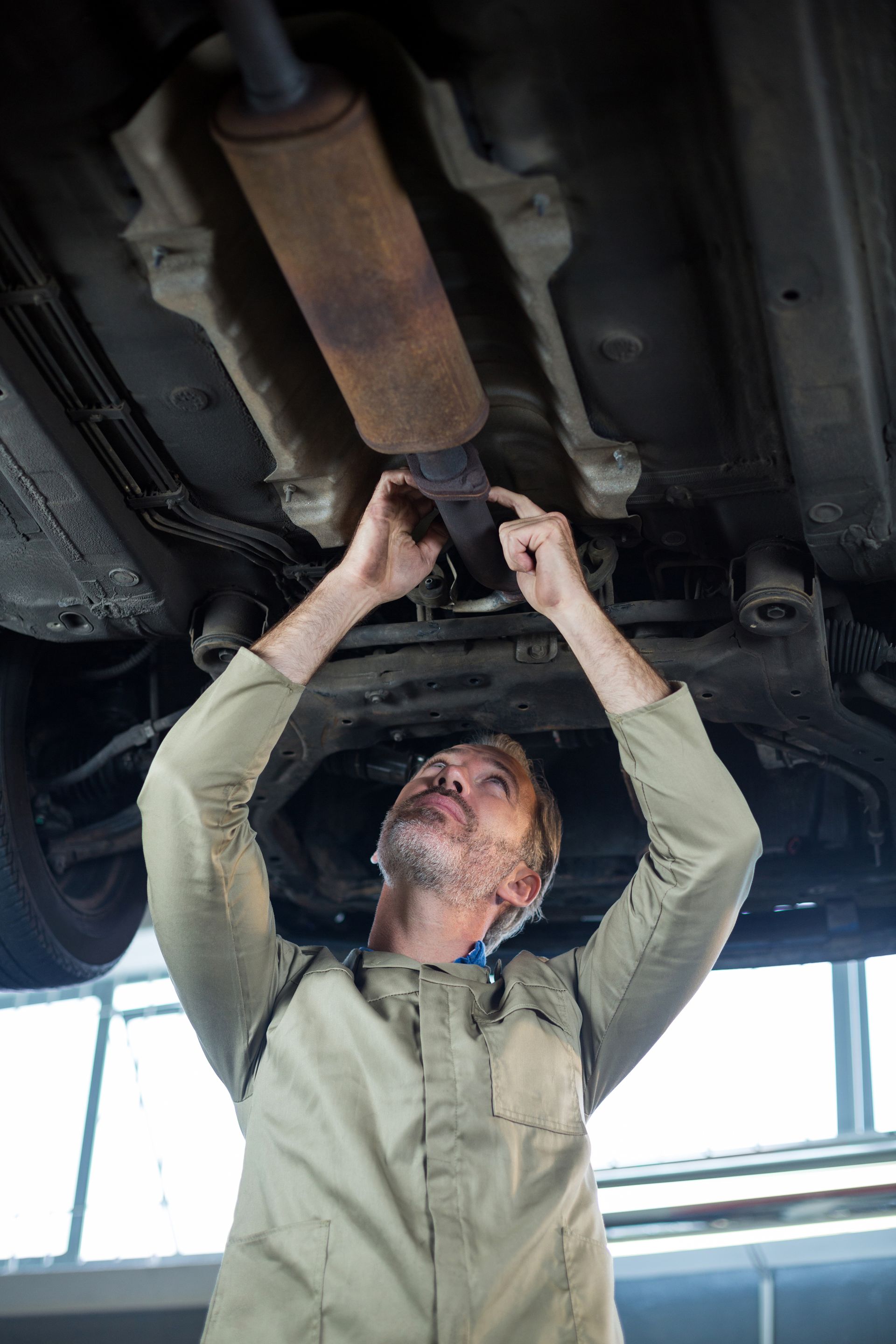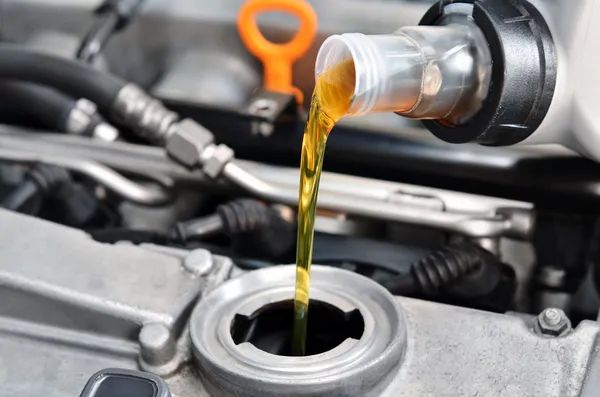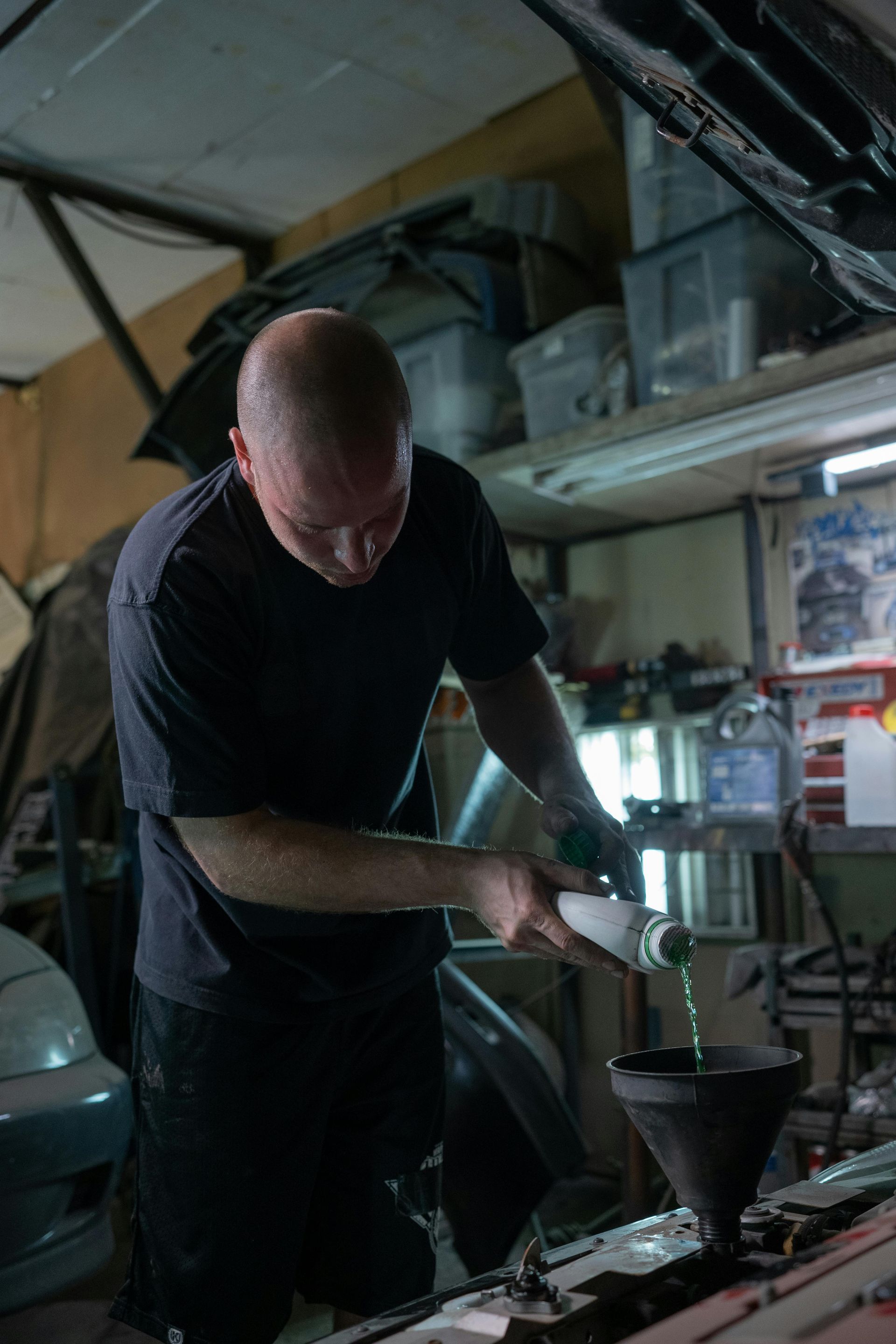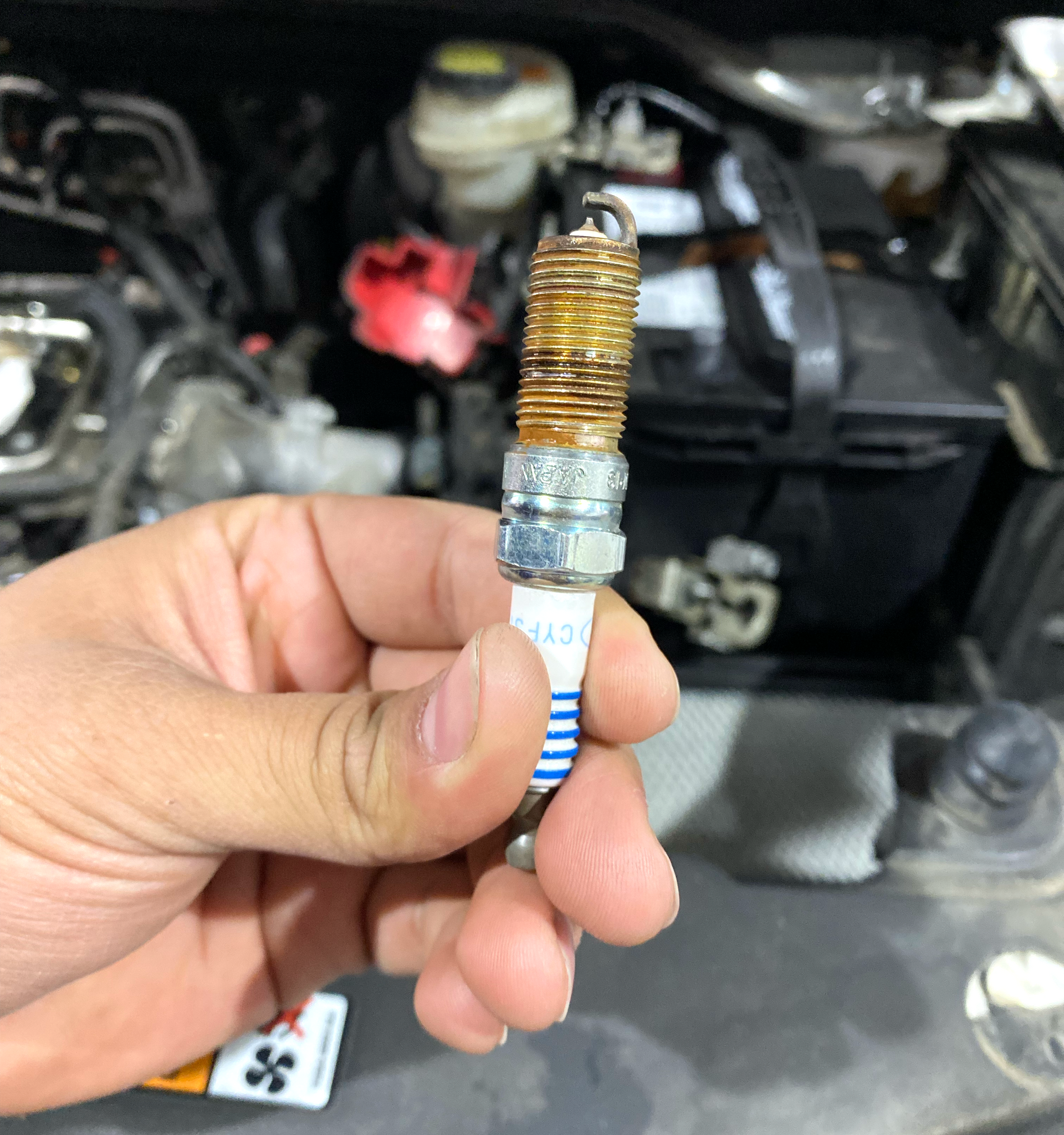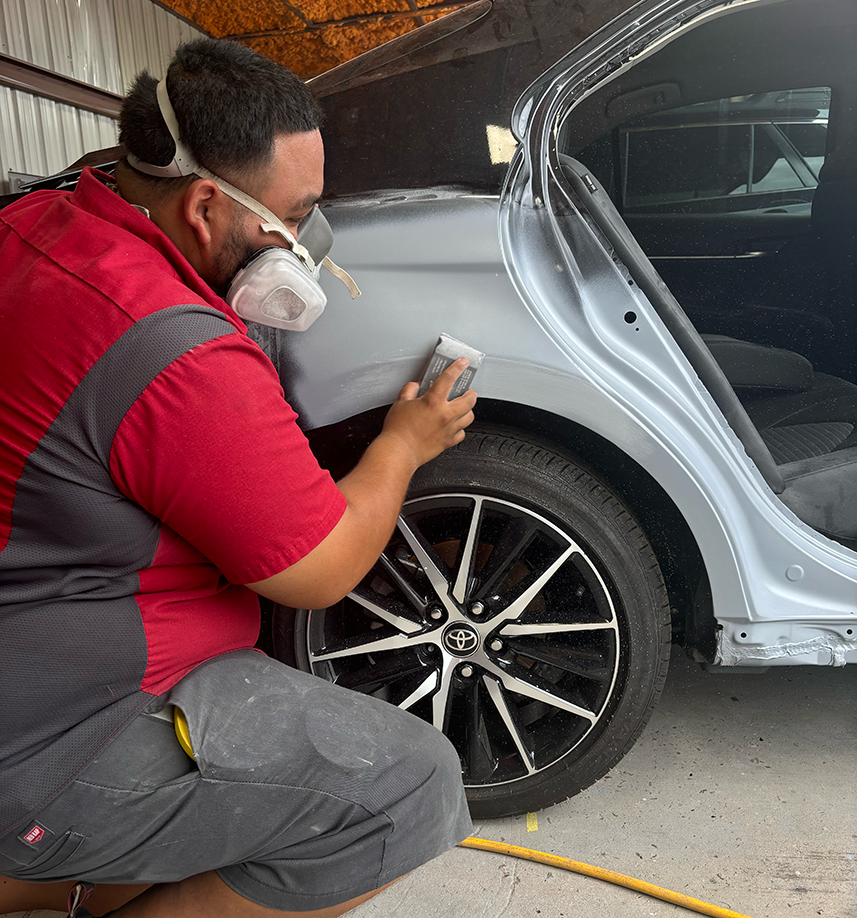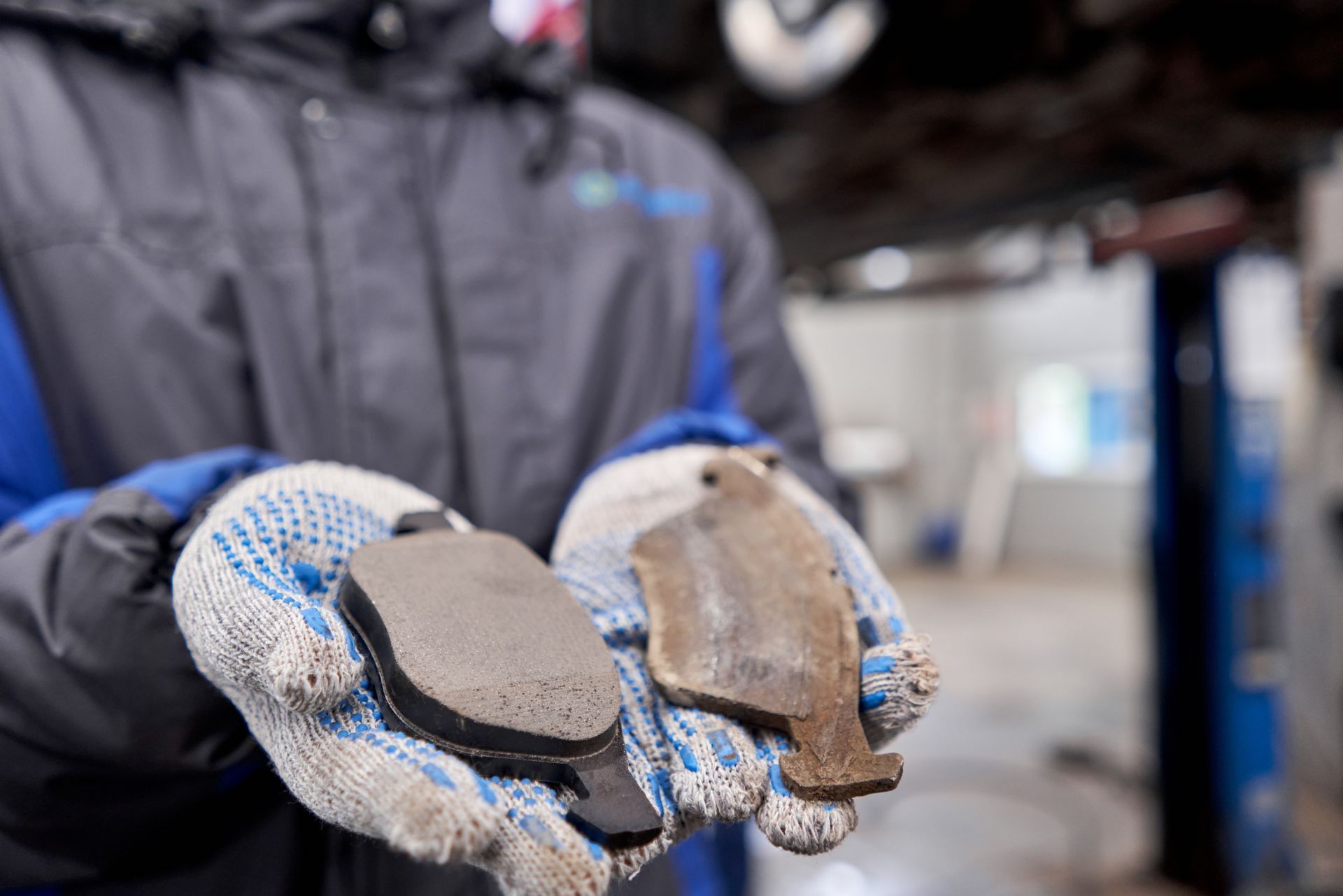Modern vehicles rely on a variety of sensors to deliver smooth, efficient performance, and the camshaft position sensor is one of the most critical. While it’s not a part most drivers think about, this small component plays a huge role in how your engine starts, runs, and responds to your commands. Understanding what the camshaft position sensor does, how it works, and what happens when it fails can help you stay ahead of potential issues and keep your car running at its best.
What Does the Camshaft Position Sensor Do
The camshaft position sensor monitors the position and rotational speed of the camshaft. It sends this data to the engine control unit (ECU), which uses it to determine the exact timing for fuel injection and ignition.
Essentially, it helps the engine synchronize fuel delivery and spark timing to ensure optimal combustion. Without accurate data from this sensor, the engine won’t know when to inject fuel or ignite the spark, leading to poor performance or even stalling.
How the Camshaft Sensor Works
As the camshaft turns, the sensor detects the position using a magnetic or optical signal, depending on the design. The sensor continuously sends updates to the ECU, which makes real-time adjustments to maintain efficient engine operation.
Together with the crankshaft position sensor, it helps the ECU calculate the precise position of each piston, ensuring everything runs smoothly.
Symptoms of a Failing Camshaft Position Sensor
A failing camshaft position sensor can cause a range of problems, and these issues often start subtly before worsening over time. Common signs include:
- Hard starting or no-start conditions: If the ECU doesn’t receive accurate signals, it may prevent the engine from starting altogether.
- Poor engine performance: Hesitation, rough idling, or misfires can occur when the timing is off.
- Reduced fuel efficiency: Incorrect timing can lead to poor combustion, causing the engine to burn more fuel than necessary.
- Check engine light: A faulty sensor usually triggers a warning light on the dashboard.
If you notice these symptoms, it’s important to have your vehicle checked promptly to avoid being stranded or causing further damage.
Causes of Sensor Failure
The camshaft position sensor operates in a harsh environment, exposed to heat, oil, and vibration. Over time, these conditions can cause the sensor to degrade or fail.
Oil leaks from worn seals or gaskets can also damage the sensor. Additionally, wiring issues, such as frayed or corroded connections, can interrupt the signal between the sensor and the ECU.
Diagnosing the Problem
When diagnosing a camshaft position sensor issue, technicians use advanced diagnostic tools to read error codes from the ECU and verify live data signals. They may also perform visual inspections for physical damage or oil contamination.
Because symptoms of a failing camshaft sensor overlap with other issues, professional diagnostics are essential to avoid unnecessary repairs and pinpoint the exact problem.
Can You Drive with a Bad Camshaft Sensor
Technically, some vehicles may continue to run with a failing camshaft sensor, but this is not recommended. You’ll likely experience decreased performance, rough operation, and an increased risk of stalling.
Continuing to drive with a faulty sensor can also strain other engine components and cause more expensive repairs down the line.
Replacing the Camshaft Position Sensor
Replacing a camshaft position sensor is generally straightforward, but it should be handled by a professional to ensure correct installation and calibration. Using high-quality replacement parts is essential to maintain reliable performance and avoid repeated failures.
Keep Your Engine Running
Routine maintenance and timely repairs are key to preventing sensor issues. Addressing oil leaks promptly and performing regular inspections helps protect delicate electronic components like the camshaft sensor.
During scheduled services, technicians can check for early signs of wear or damage and recommend preventive actions before problems develop.
Trust Elite Auto Experts in Houston, TX
At Elite Auto Experts in Houston, TX, our skilled technicians understand the crucial role the camshaft position sensor plays in your vehicle’s performance. We use advanced diagnostic equipment to identify sensor problems accurately and perform reliable, high-quality repairs.
If you're experiencing engine performance issues or your check engine light is on, don’t wait. Schedule an inspection with us today and let our team keep your engine running smoothly and efficiently.
